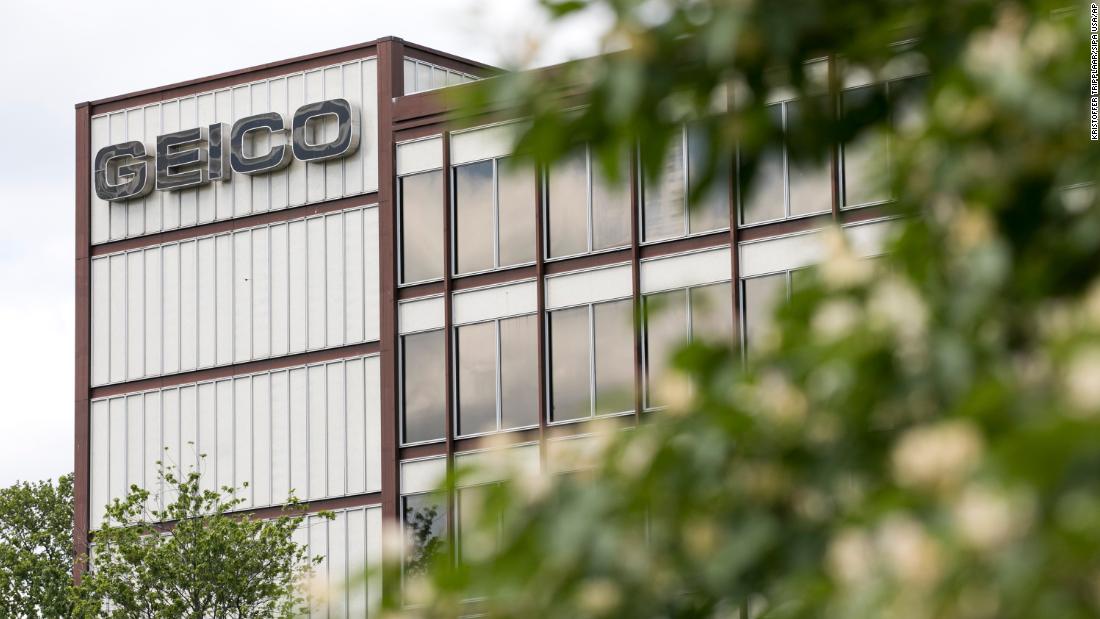This is a false dichotomy; there's plenty of room between those two positions. Even very smart people do stupid things from time to time. What's more, inattentiveness isn't necessarily stupid; it can be caused by fatigue, distractions, etc. Blaming the "stupid human" has historically been used by opponents of safety features that have saved countless lives over the years. Just in the automotive realm, automakers fought tooth and nail against improvements like air bags and even seat belts, insisting that accidents were caused by "stupid humans," and that safe drivers (which everybody thinks means them) don't die in car crashes. Slowly but surely, though, the introduction of these safety features, as well as laws requiring their use, have dramatically improved automotive safety over the decades.
Furthermore, and very importantly, the people at risk from "stupid humans" doing stupid things with Autopilot aren't just the stupid people themselves -- it's other people. If I'm stopped at the side of the road because my car has broken down and a "stupid human" is driving a Tesla with Autopilot active, but is not paying sufficient attention, and if that Tesla slams into me or my car, then I'm injured, and possibly killed, because of somebody else's error. Government regulation to minimize such events is perfectly warranted, just as it is in other realms -- we require doctors to have medical degrees before they're permitted to operate on patients or prescribe medicines; we have electrical codes establishing safe practices in home wiring to prevent homes from burning down because of bad wiring; and so on. Autopilot-level driver assistance systems are still relatively new and we have little hard safety data on them, so regulations have lagged the development of the technology. It's time that the relevant government agencies at least begin to look into drafting regulations.




